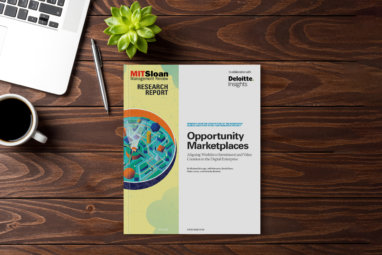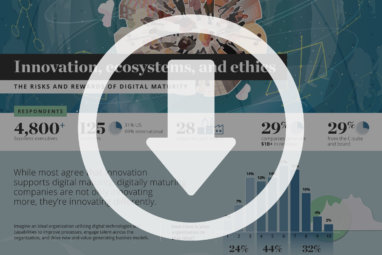
Talent Management
How to Increase Collaborative Productivity in a Pandemic
Managing home-office working will require a combination of technology deployment and job redesign.


Managing home-office working will require a combination of technology deployment and job redesign.

How businesses can act against racial injustice, and new leadership challenges in a suddenly virtual workplace.

Decision-making networks perform better when they’re dynamic and respond quickly to feedback.

The most effective human capital investment initiatives have a common core: opportunity.

For working parents, virtual work has specific challenging pain points.

In times of high stress and crisis, interdepartmental strife can wreak havoc. Here’s how to stop it.

In recent years, millions have adapted to working virtually. In 2020, many more will join them.

What managers can learn from the coronavirus outbreak.

Leadership behaviors that build trust, purpose, and energy bolster collaboration and engagement.

Transformation strategies are bound to flop unless leaders evolve in some pretty dramatic ways.

A CEO’s sudden departure creates uncertainty — unless the board already knows whom it wants to hire.

Tom Davenport, Alex Breshears, and Abbie Lundberg discuss the specific challenges enterprises face in machine learning, and how they can create an end-to-end, factory-like capability.

Stanford’s Bob Sutton examines the non-financial debts that companies carry on Three Big Points.

While hierarchy can impede innovation, handled well it can provide important benefits.

Instead of living in silos, technology must be integrated into all aspects of business.

MIT SMR‘s Summer 2019 issue takes a closer look at the cultural changes adopting AI may require.

A new leadership model advocates organizations built on close relationships, openness, and trust.

An infographic explores the risks and rewards of digital maturity.

The best chief digital officer candidate may not come from outside your company.

Companies must choose whether humans or machines should get the last word on employee performance.